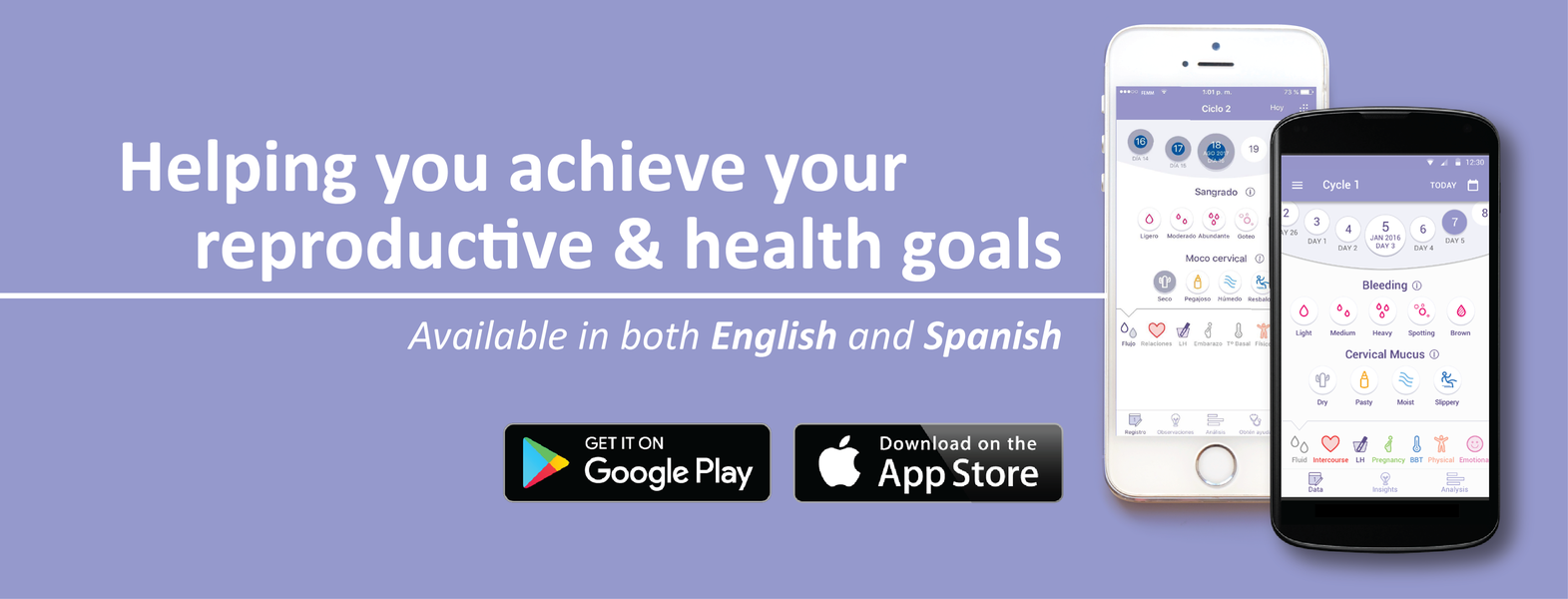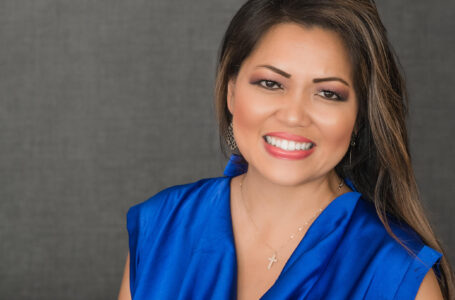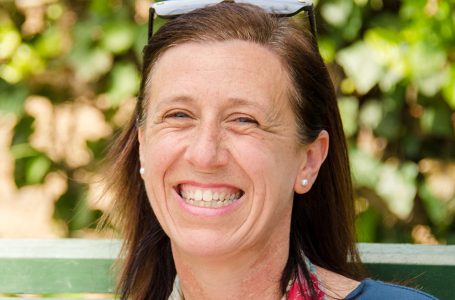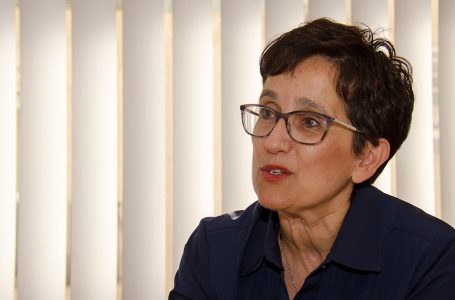FEMM Health – What is it?

What is FEMM?
FEMM (Fertility Education and Medical Management) is a comprehensive women’s health and wellness program for achieving optimal reproductive health. It is completely based on scientific research and has the aim of helping women learn more about their bodies and achieve their health and fertility goals by identifying daily hormonal shifts. FEMM recognises that ovulation is a sign of health. So the FEMM team includes FEMM teachers who help their clients identify whether they are ovulating or not, and FEMM’s medical doctors who prescribe treatment to optimize ovulation for those clients who have irregular ovulation or do not ovulate at all.
Women, who are familiar with their biomarkers (eg cervical mucous) and healthy/unhealthy signs, can identify health and menstrual cycle irregularities and have the tools they need to seek advanced care and support. Whilst FEMM teachers teach women all they need to know about charting and monitoring their biomarkers, FEMM medical doctors offer comprehensive physical and lab workups tests to diagnose and treat the root cause of health conditions – rather than simply managing symptoms.

Who can benefit from FEMM?
FEMM is aimed at all women of reproductive age and even including younger women who are expecting their first period. It supports women who want to track their reproductive health and learn what a healthy menstrual cycle looks like. Charting with FEMM helps women who want to avoid or postpone pregnancy, by understanding their fertility and learning how to identify the non-fertile days for safe intercourse. It can also help women who want to achieve pregnancy by helping them understand and use their fertile days to increase their chances of getting pregnant.
Women who become familiar with FEMM will start to understand how symptoms are often symptoms of hormonal imbalance. These include acne, pelvic/abdominal pain, anxiety, depression, menstrual cycle irregularity, migraines or PMS. Unfortunately, some women start to accept these symptoms as part of their ‘normal’ cycle. Moreover, some women also use medication to relieve these symptoms. However, this approach does not always tackle the root cause of these symptoms. It is much better to find out the reason for these symptoms and get the necessary support and medication that can help eliminate these symptoms once and for all. This optimizes both health and fertility. The medical management in FEMM takes this approach.
It is important to note that although FEMM can help a lot in achieving or avoiding pregnancy, it is not solely intended for women who are interested in managing their fertility. FEMM firmly believes that ovulation is a sign of health. Consequently, irregular ovulation will be pointing to other underlying health issues. So irrespective of women’s fertility goals, FEMM medical management is there to help women optimize their health.
How does FEMM work?
FEMM works through trained teachers and FEMM medical doctors. FEMM educators help their clients learn how to monitor their cycles through the observation of biomarkers. If a FEMM teacher notices abnormalities in a client’s chart or complains of several symptoms, she facilitates a meeting with the FEMM doctor. In this meeting, the FEMM medical doctor assesses the situation and carries out all necessary tests. FEMM medical doctors use several hormonal and other lab tests to find out the root of the problem.
What is particularly interesting about FEMM is that, once the root cause is identified, the treatment given will focus on improving the symptoms and issues relating to it. Test results are read in an in-depth way and according to the phase of the menstrual cycle of each particular woman. This also points to the importance of charting. Charting makes it possible to identify ovulation and take tests on the appropriate days.
To give one example, a basic test, which is known as the ‘Day 21 progesterone test’, should be taken 7 days after ovulation. ‘Day 21’ derives from a very inaccurate view that each woman ovulated roughly around day 14 of her cycle. However, research shows that only a small percentage of women ovulate on Day 14. Some women ovulate before and some women ovulate after day 14 thus making the ‘day 21’ test inaccurate. A woman who learns how to chart her menstrual cycles with FEMM can pinpoint her ovulation. Thus she will have a much greater chance of having a more accurate reading of the ‘day 21’ progesterone.
FEMM in Malta
There are FEMM teachers and an RHRI trained doctor in Malta. Thus, we are willing to extend our services to many more women. Over the past year, we have worked with around 40 women. Six of these contacted us because of fertility issues. Most of these women managed to conceive within months of starting treatment. Some women may take longer than others to achieve their health/fertility goals. Yet, in this process, each woman gets to know how her body works better. This is another beautiful part of the FEMM journey.
FEMM Contacts in Malta and other countries
The best way to contact FEMM providers in Malta is by sending a message on our Facebook page: https://www.facebook.com/femm.mt or an email at [email protected]. One can also find out more about the services provided by FEMM on the main website: www.femmhealth.org.
Some research can be found in this section of FEMM’s website: https://femmhealth.org/professional-education/research/ FEMM’s medical providers are all qualified doctors who are further trained by the RHRI institute. More details about this institute can be found here: https://femmhealth.org/professional-education/health-research-institute/
Stories from women
“After years of masking my symptoms with birth control pills, FEMM teachers and the FEMM tracking system have helped me to look into the root causes of my symptoms and find long-term healing. I have found so much freedom in understanding my body and its needs. Not only has FEMM helped me to address my struggles with acne and irregular cycles, but it has also allowed me to see my body and my cycle as a gift instead of a curse.”
continue reading the story of Brigid Hoagland…
We are still compiling local stories to be able to share them on our social media platforms. Here are some stories of women living abroad who have benefited from FEMM: https://femmhealth.org/stories/














